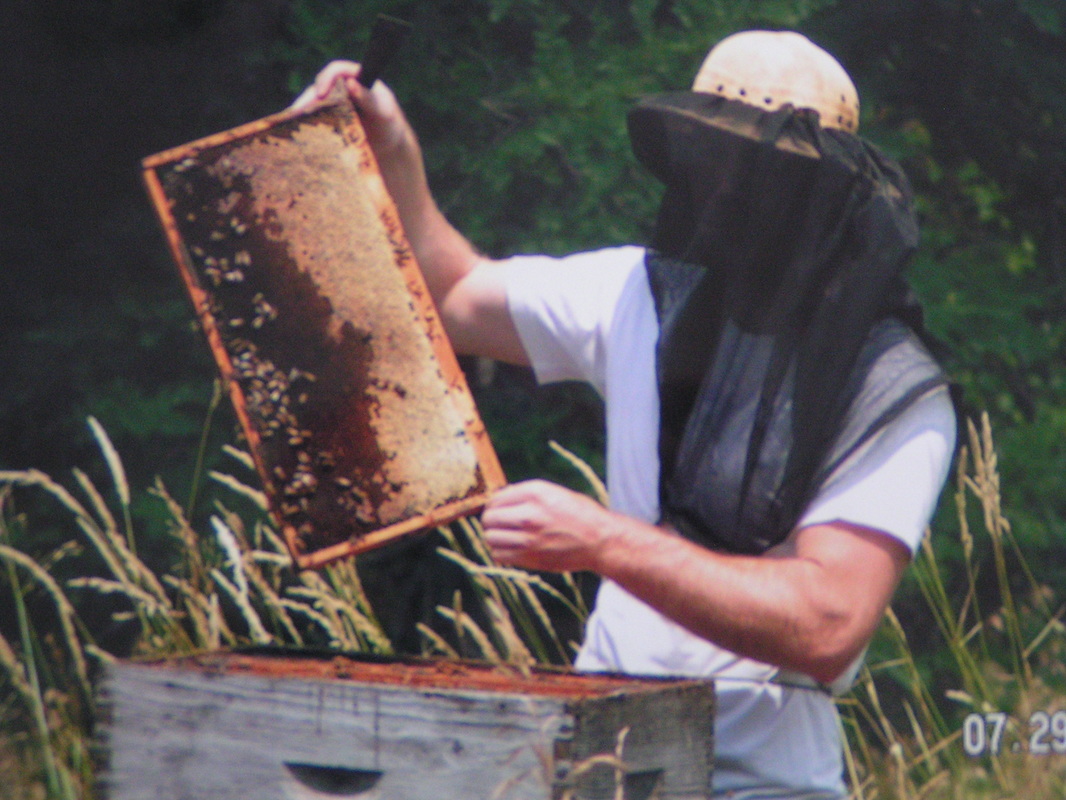According to commercial beekeeper James Doan, 'A third of all our food is pollinated by honey bees.'
Doan makes a living renting out thousands of hives to farmers up and down the East Coast. His bees are part of a crucial lifeblood to U.S. agriculture. Doan said, 'I think people just need to really be aware that bees are so important, not just for honey production, but for pollination in the United States.'
Bees pollinate the majority of our fruit and vegetable supply: from apples and pears to green beans, pumpkins, and squash. And the list goes on.
But something is killing the bees at an increasingly alarming rate. Doan said, 'Every day and you'll look and you'll see 100 to 200 bees dead in front of the hive. Maybe even to the point of 40 to 50,000 bees laying out in the front of the hive, which is not normal.'
U.S. Department of Agriculture researchers say early indications suggest this winter will mark the highest death rate they've ever documented, and consumers could eventually feel the effects.
Doan said, 'Without them you're gonna have higher prices that you're going to pay for fruits and vegetables. And those higher prices are not going to mean better products.'
Bees used to die at a rate of 5 to 10 percent a year. Then, around 2006, that rate more than tripled in a phenomenon known as colony collapse disorder. Now, some beekeepers say they're losing up to 50 percent of their hives.
Many blame a class of pesticide called neonicotinoids, or 'neonics.' Doan said, 'They block the nerve endings of the bee, and so the bee is paralyzed and then what happens is they starve to death, so you see the bee shaking, and it's a very horrific way of dying for a bee.'
Doan joined a coalition of beekeepers, environmentalists and consumer groups that recently sued the Environmental Protection Agency for failing to ban these chemicals. The lawsuit claims the 'EPA is well aware of recent studies and reports illustrating the risks to honey bees...but has refused to take any regulatory action.'
'We're finding these chemicals in the beehives,' Doan said. 'We know they're there. We're finding them in the bees. So we know they're killing bees.'"
Deepening honey bee crisis creates worry over food supply
CBS News

 RSS Feed
RSS Feed
